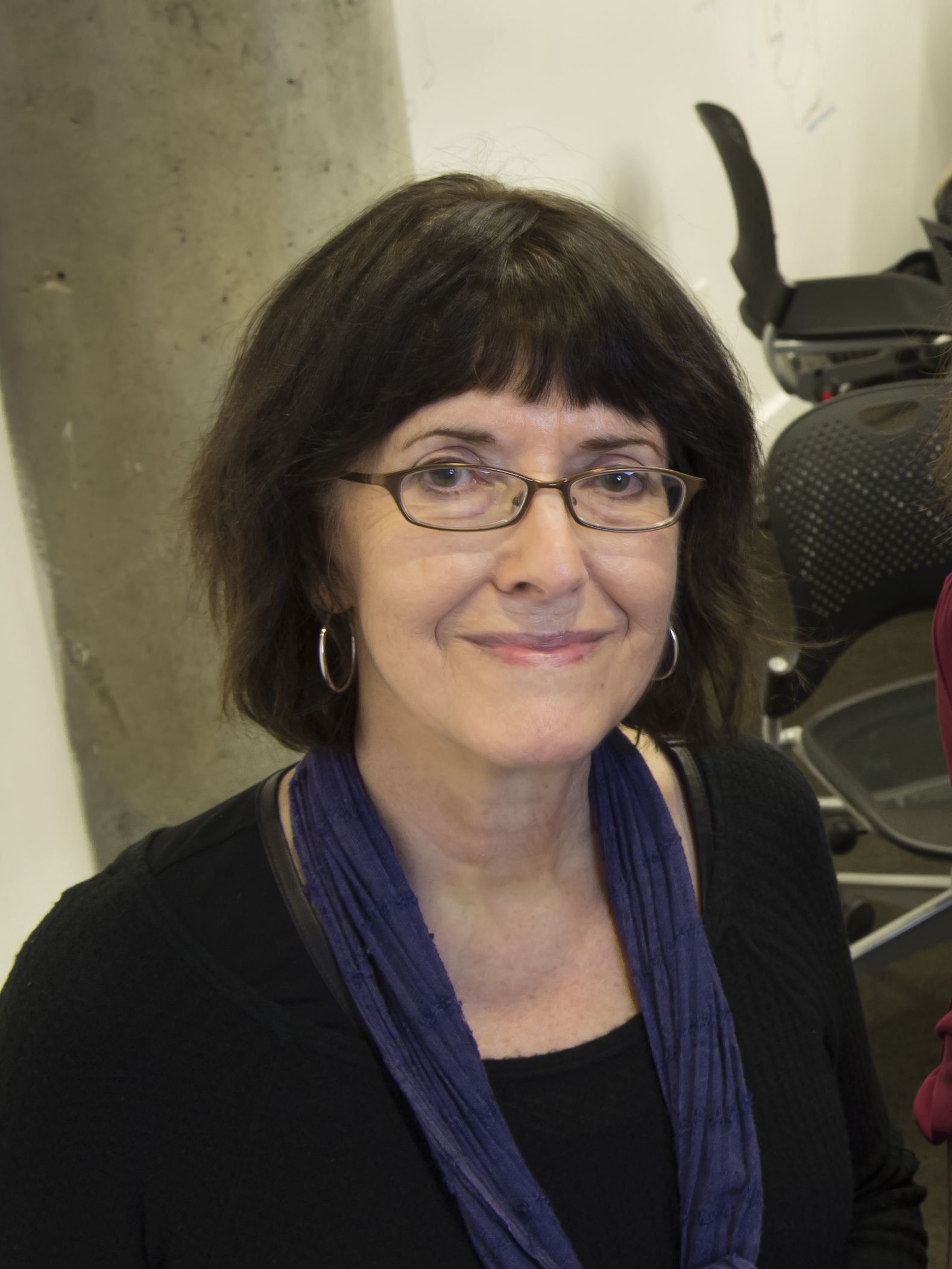Frieze Honored for Increasing Diversity in Computer Science CMU's Director of Women@SCS and SCS4ALL Will Receive 2017 Habermann Award
Byron SpiceTuesday, March 7, 2017Print this page.

The Computing Research Association has selected Carnegie Mellon University's Carol Frieze as the recipient of its 2017 A. Nico Habermann Award, recognizing her sustained, successful efforts to promote diversity in computer science.
Frieze directs Women@SCS, a student/faculty organization that promotes opportunities for women, and SCS4ALL, a student-run initiative to broaden participation in computing by underrepresented groups, in CMU's School of Computer Science (SCS). Her work has helped SCS consistently enroll and graduate a higher percentage of women than the national average.
Last fall, almost half of SCS's first-year students were women, setting a school record.
"Carol's nomination letters attest that she played an important role in creating an inclusive environment at CMU, and her research can help others learn best practices and insights to help spread this type of progress beyond her home institution to the entire community," the CRA said in announcing the award.
A book co-authored by Frieze and Jeri Quesenberry of the Dietrich College of Humanities and Social Sciences, "Kicking Butt in Computer Science: Women in Computing at Carnegie Mellon University," was published last year. A guide for computer science programs, it explains the rationale and methods used at Carnegie Mellon over nearly two decades to sustain the cultural changes that support a diverse student body.
The award is named for the late Nico Habermann, a longtime head of CMU's Computer Science Department and the first dean of its School of Computer Science. Habermann, who also served as head of the National Science Foundation's Computer and Information Science and Engineering directorate, was deeply committed to increasing the participation of women and underrepresented minorities in computing research. The CRA presents the award to a person who has made outstanding contributions to increase the numbers and successes of underrepresented members in computing research.
In addition to leading Women @ SCS and SCS4ALL, Frieze has organized "roadshows" that introduce K-12 students to computer science, summer workshops for high school teachers interested in computer science, and workshops to inspire undergraduate women from around the world to consider careers in computer science research.
One of Frieze's strengths is getting students to take the lead in these projects.
"She guides students rather than doing things for them," said Lenore Blum, professor of computer science, and Tom Cortina, assistant dean for undergraduate education, in a nominating letter for the Habermann award. "She offers students leadership positions, some who would never consider requesting such a position, but Carol asks them and guides them to shine as leaders."
Frieze, who earned a Ph.D. in cultural studies in computer science, has performed groundbreaking research on the interests of male and female computer science students and on how to enhance diversity with such co-authors as Blum and Quesenberry. She also organized BiasBusters @ CMU, workshops that help faculty, staff and students become aware of unconscious biases in the workplace and learn how to effectively intervene.
In 2015, CMU honored Frieze with its Mark Gelfand Award for Educational Outreach in recognition of her work creating opportunities for women and underrepresented groups in computer science. Last year, she and Jeff Bigham, associate professor in the Human-Computer Interaction Institute, received the 2016 AccessComputing Capacity Building Award, which honors collaborators who work to advance students with disabilities in computing fields.
Byron Spice | 412-268-9068 | bspice@cs.cmu.edu
